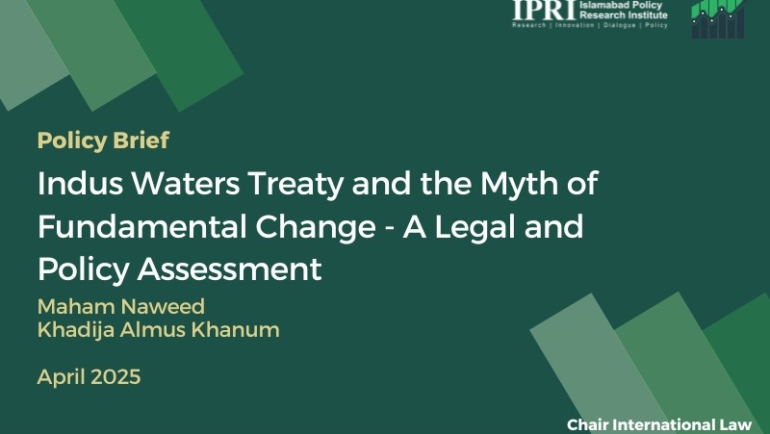Policy Brief 03/01/2025
The opposition, comprising diverse factions with regional and international backing, has seized control of Damascus, marking a pivotal moment in Syria’s prolonged civil war. Despite global calls for inclusive democracy, such as the Geneva Communique (2012) and UNSC Resolution 2254, conflicting interests among stakeholders impede progress. Syria’s lack of democratic tradition, the Assad family’s decades-long authoritarian rule, and diverging goals of actors like the U.S., Turkey, and Arab monarchies complicate the transition. Fragmentation within the opposition, including tensions among groups like Hayat Tahrir al-Sham (HTS), the Syrian Democratic Forces (SDF), and Turkish-backed factions, further hampers unity. The instability risks reigniting ISIS activities and intensifying sectarian violence, while global powers like the U.S., Turkey, Israel, and Saudi Arabia have gained influence post-Assad, contrasting with setbacks faced by Iran, Russia, and China, which had strategic ties with Assad. Without credible steps toward democracy, Syria’s humanitarian and political crises are likely to persist.

